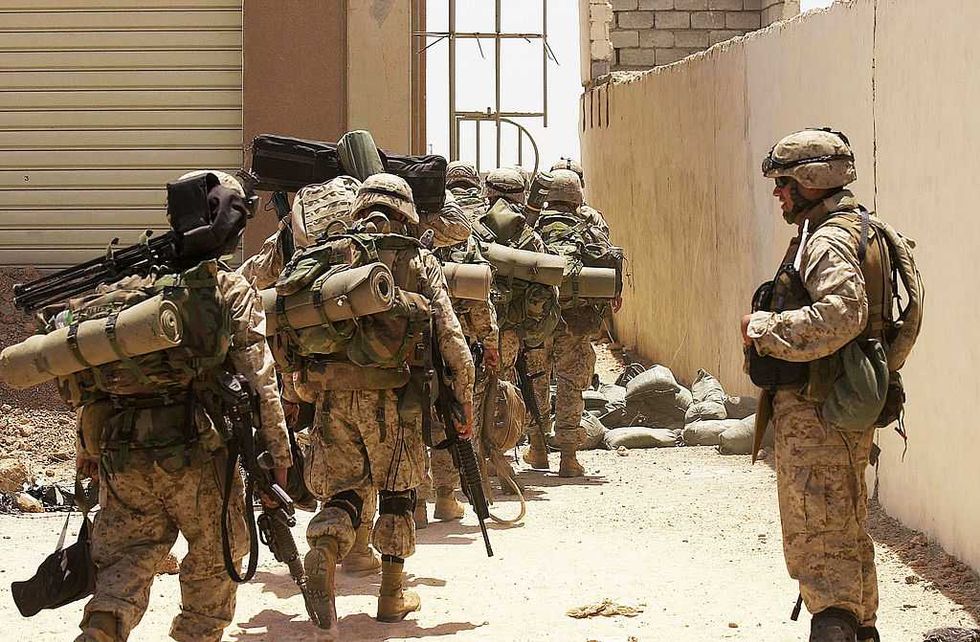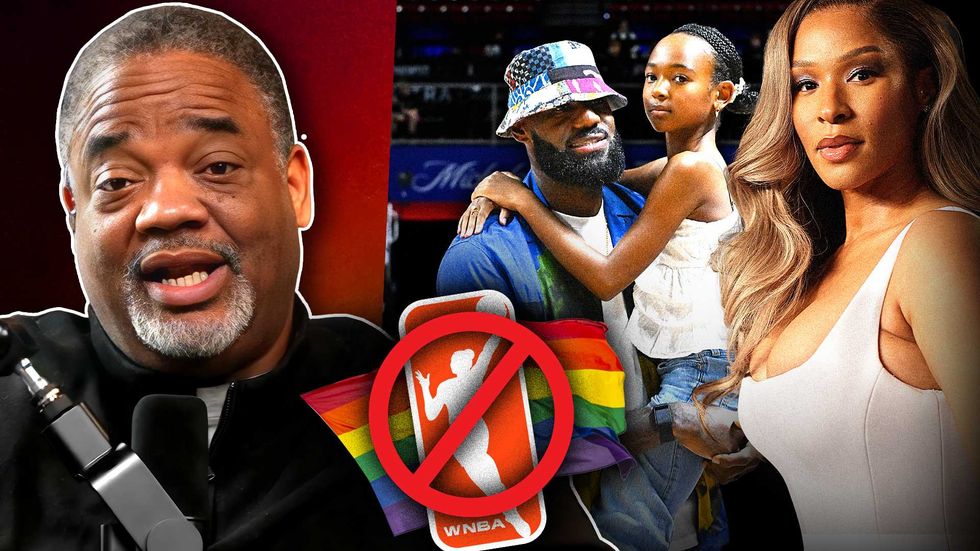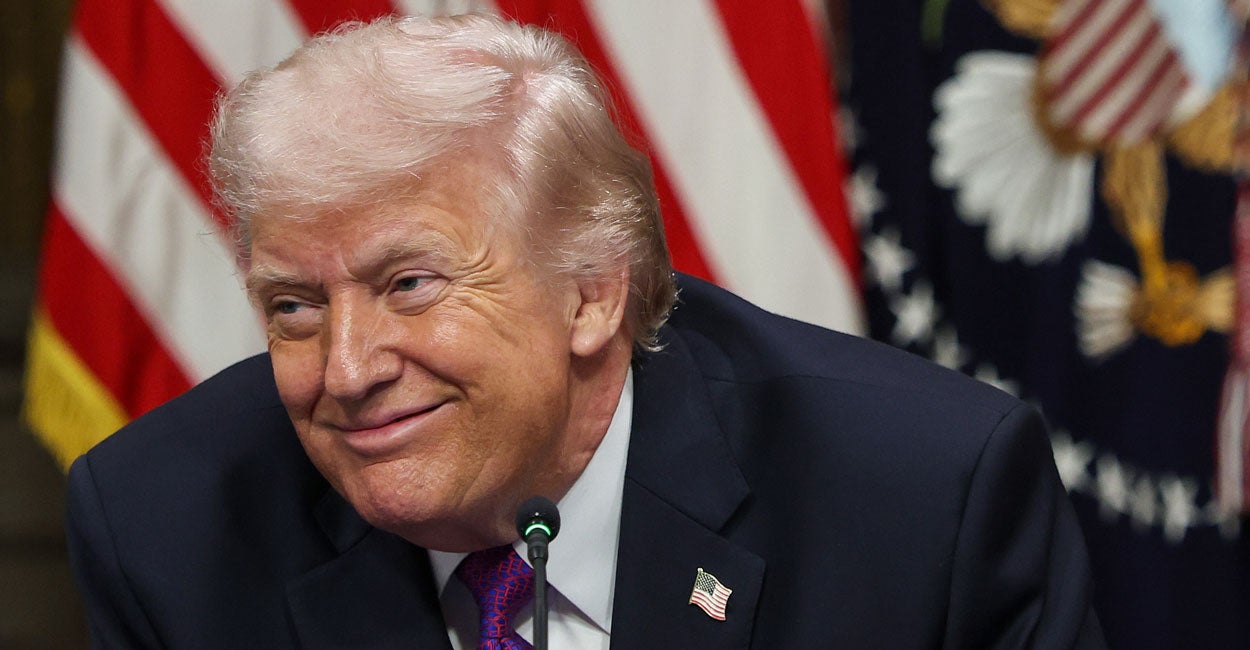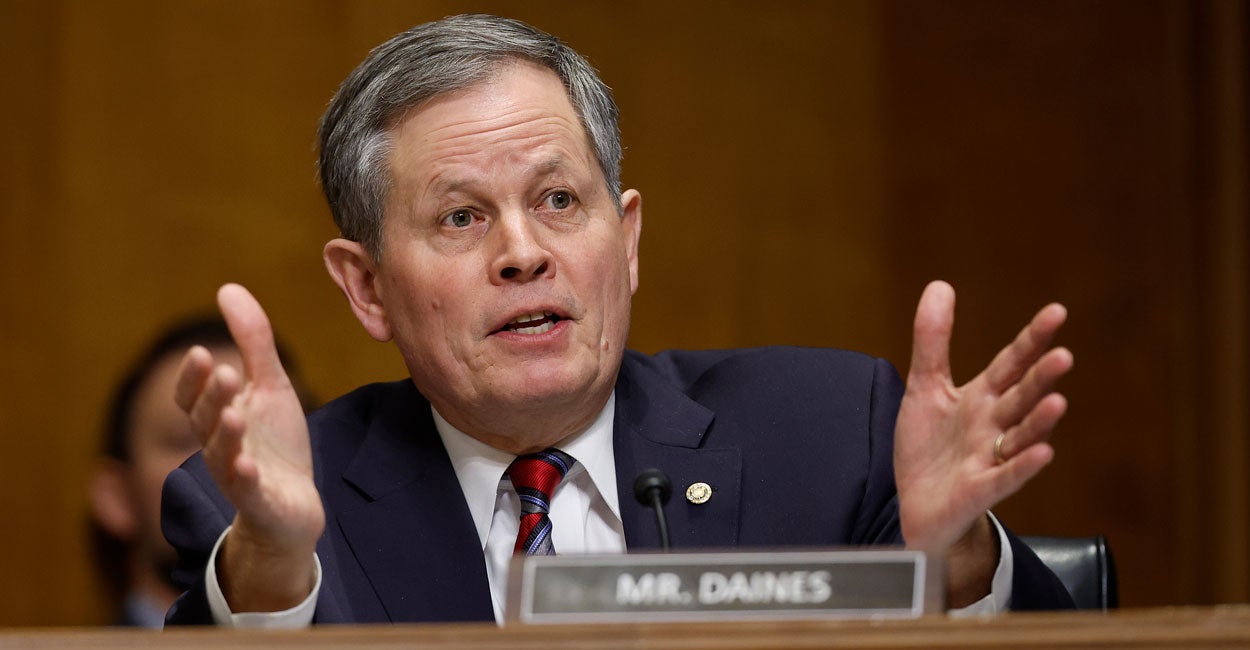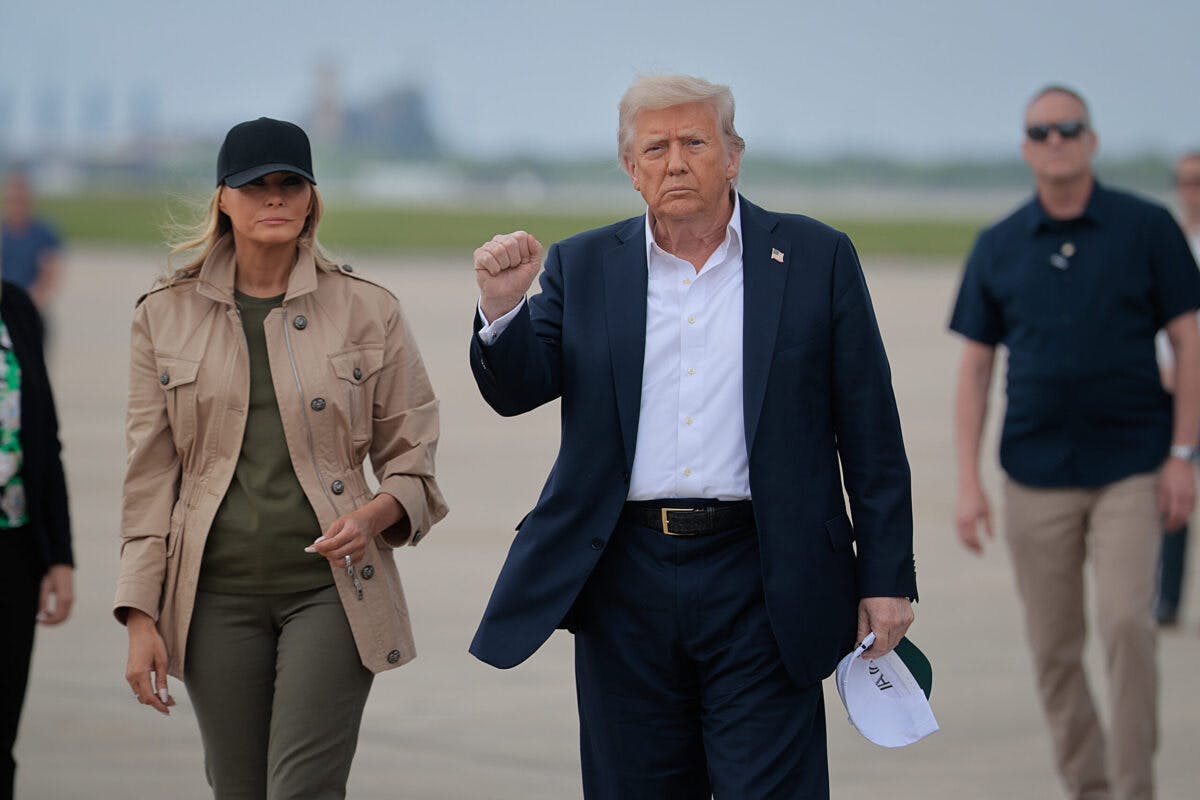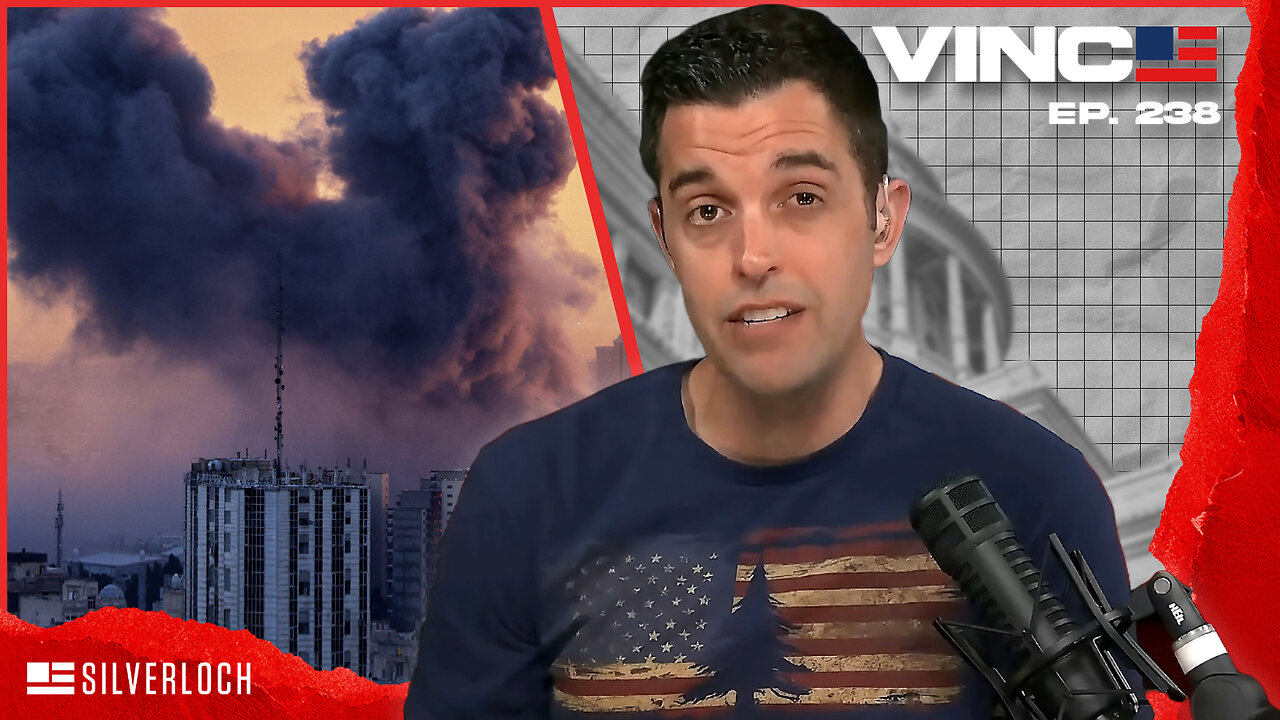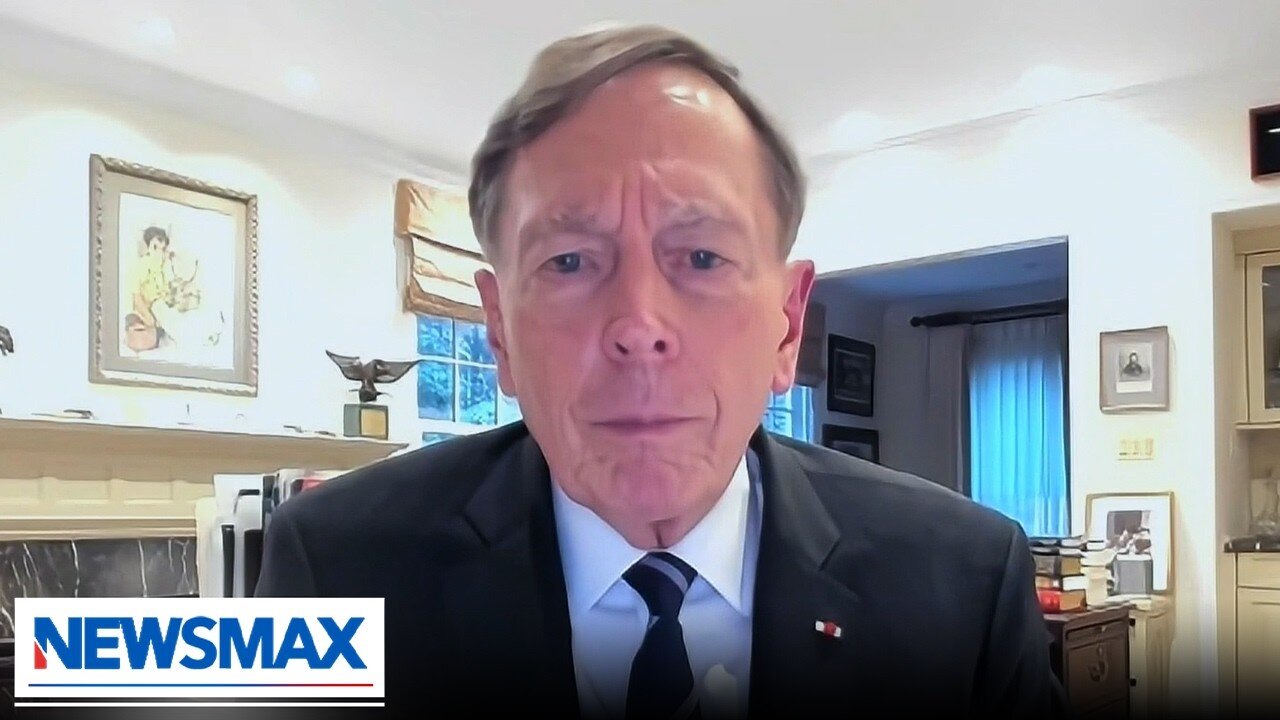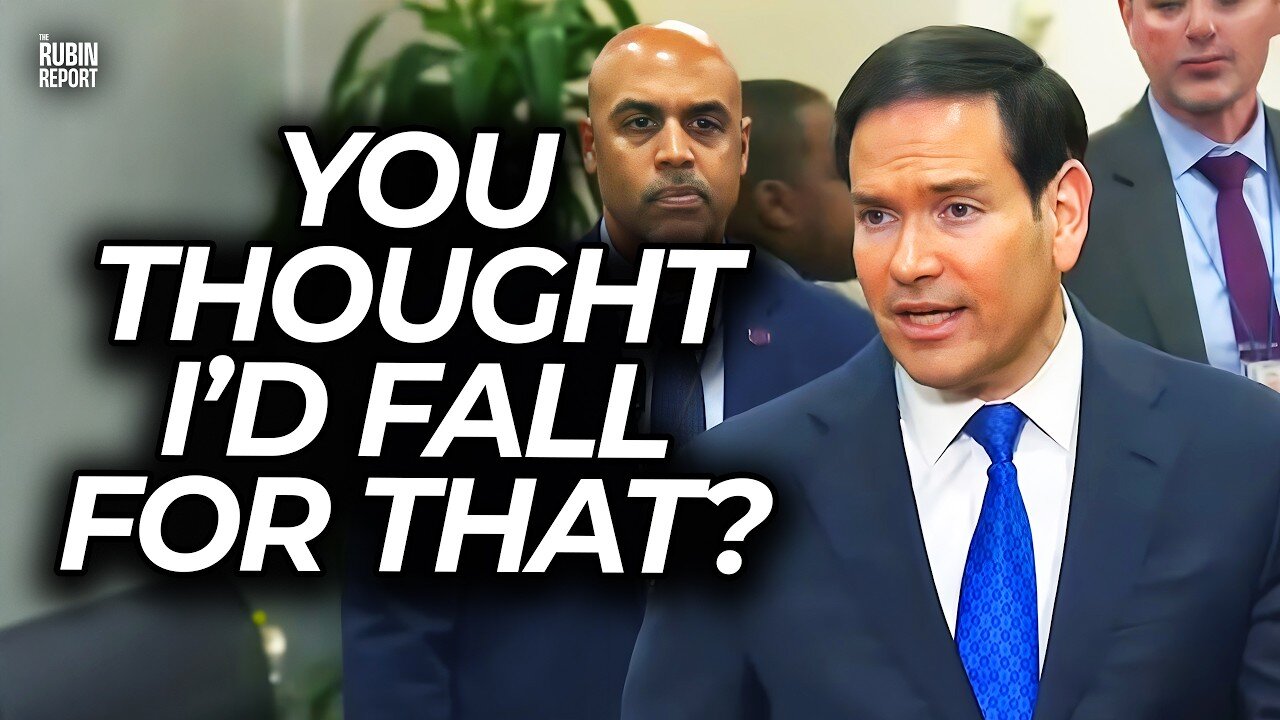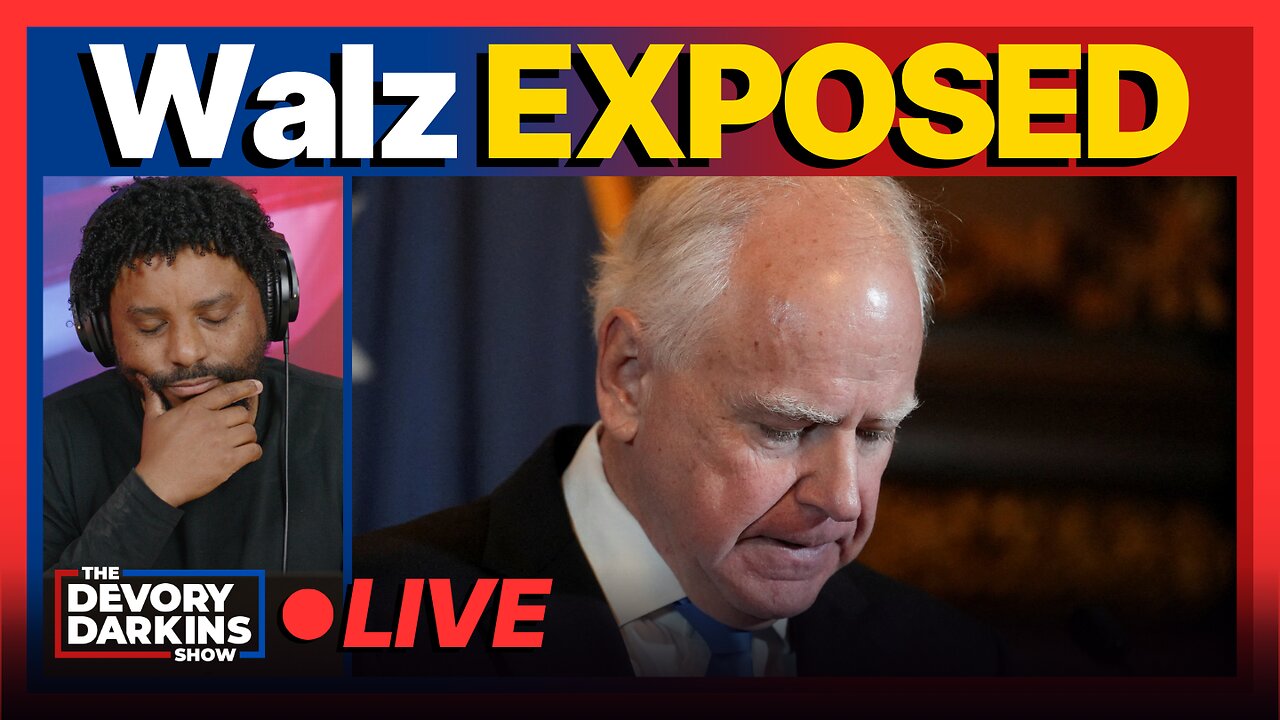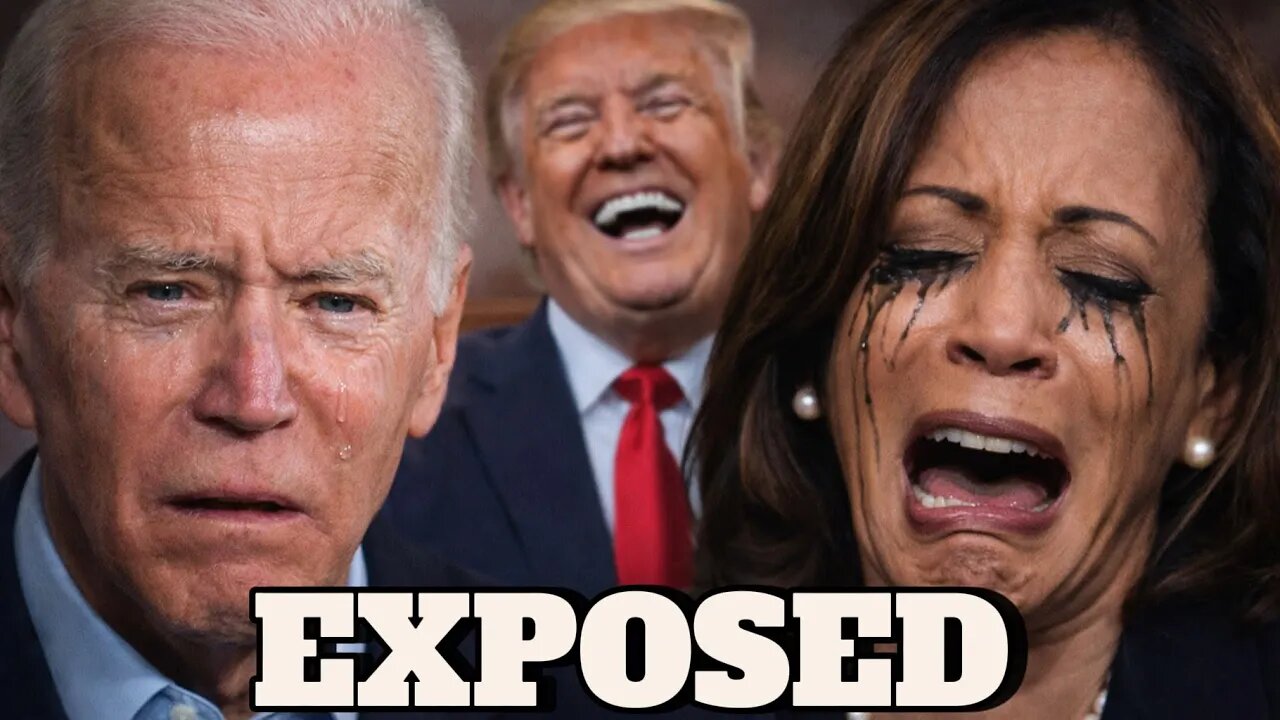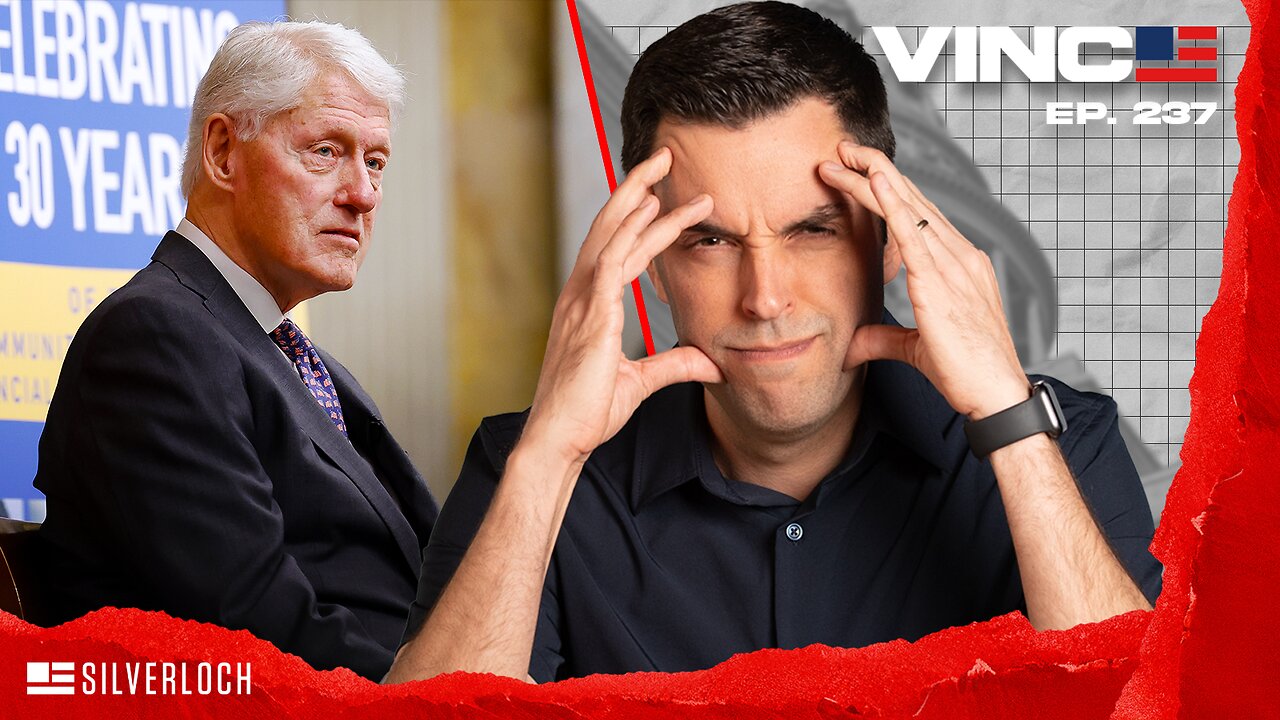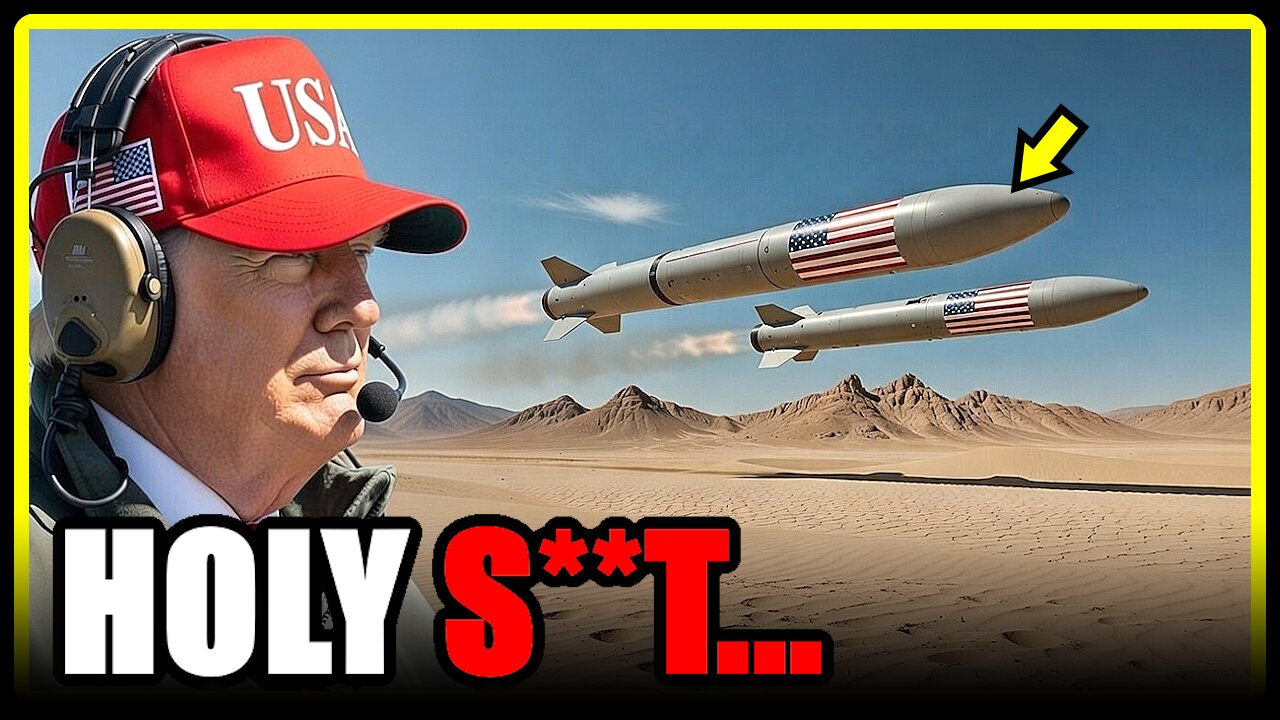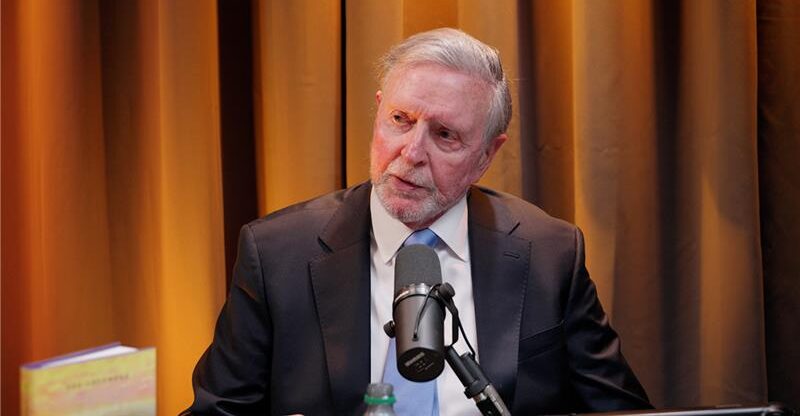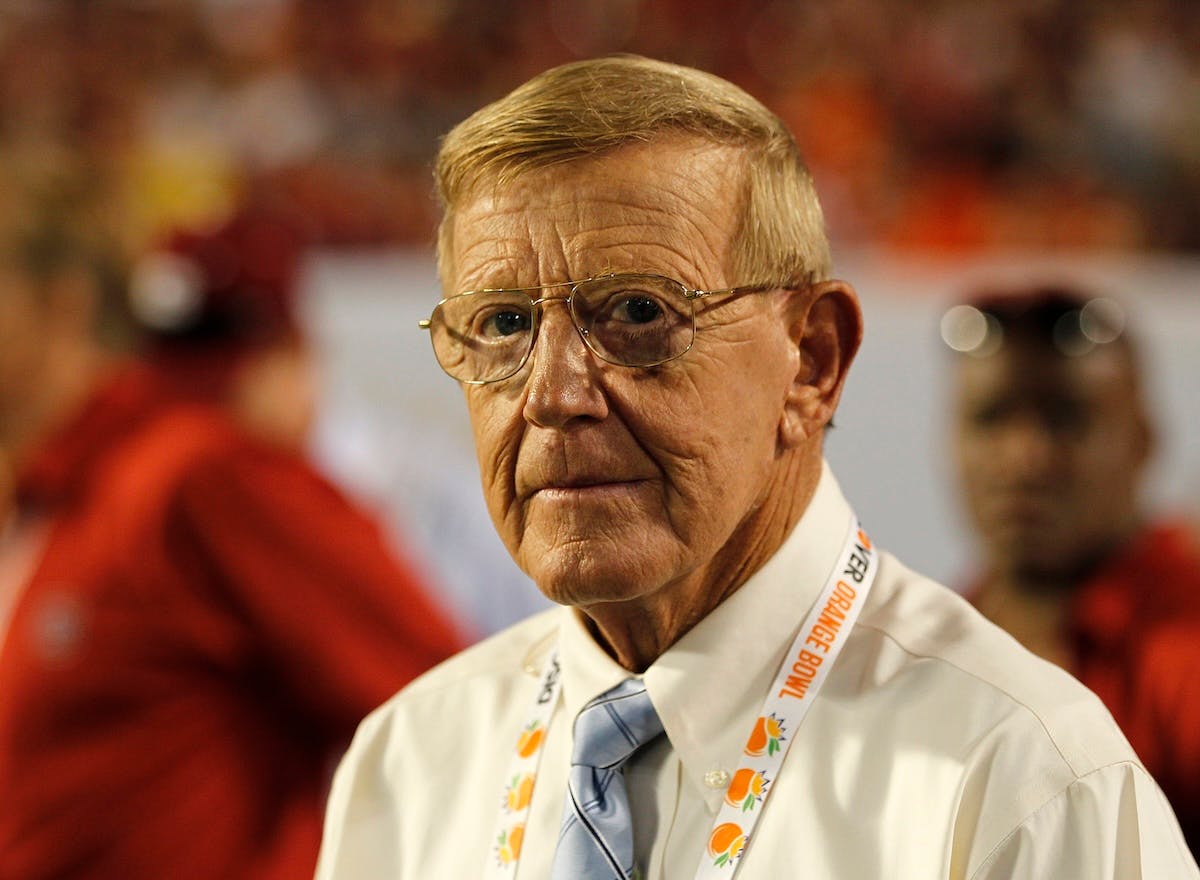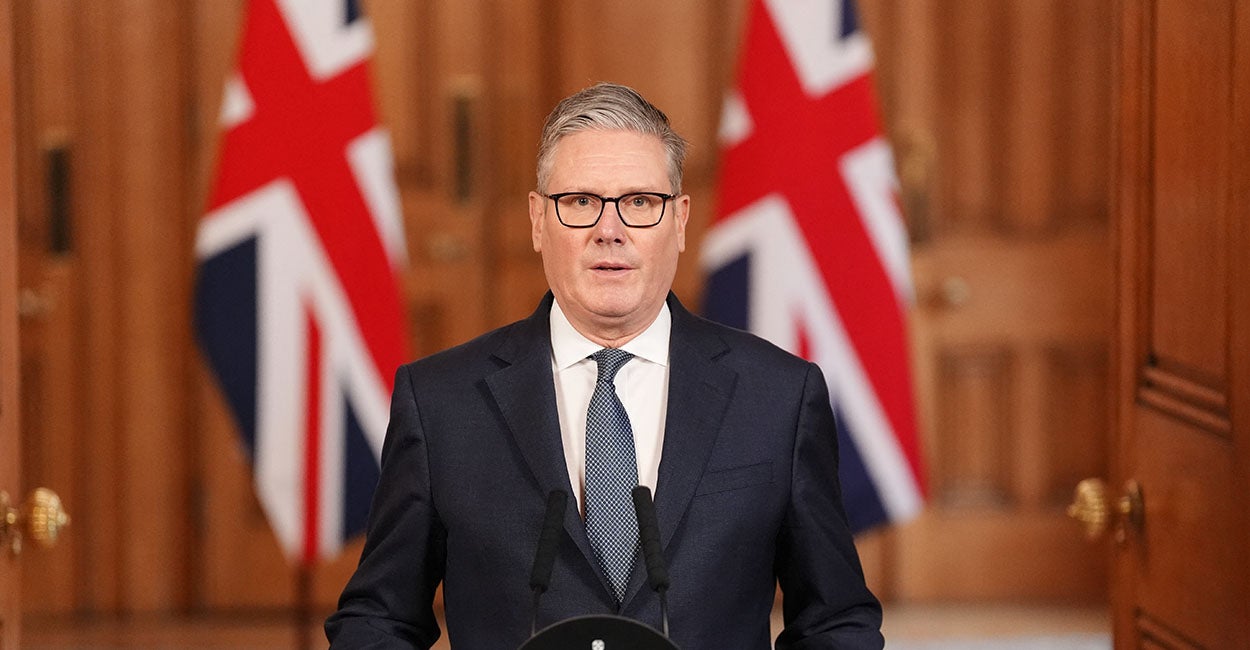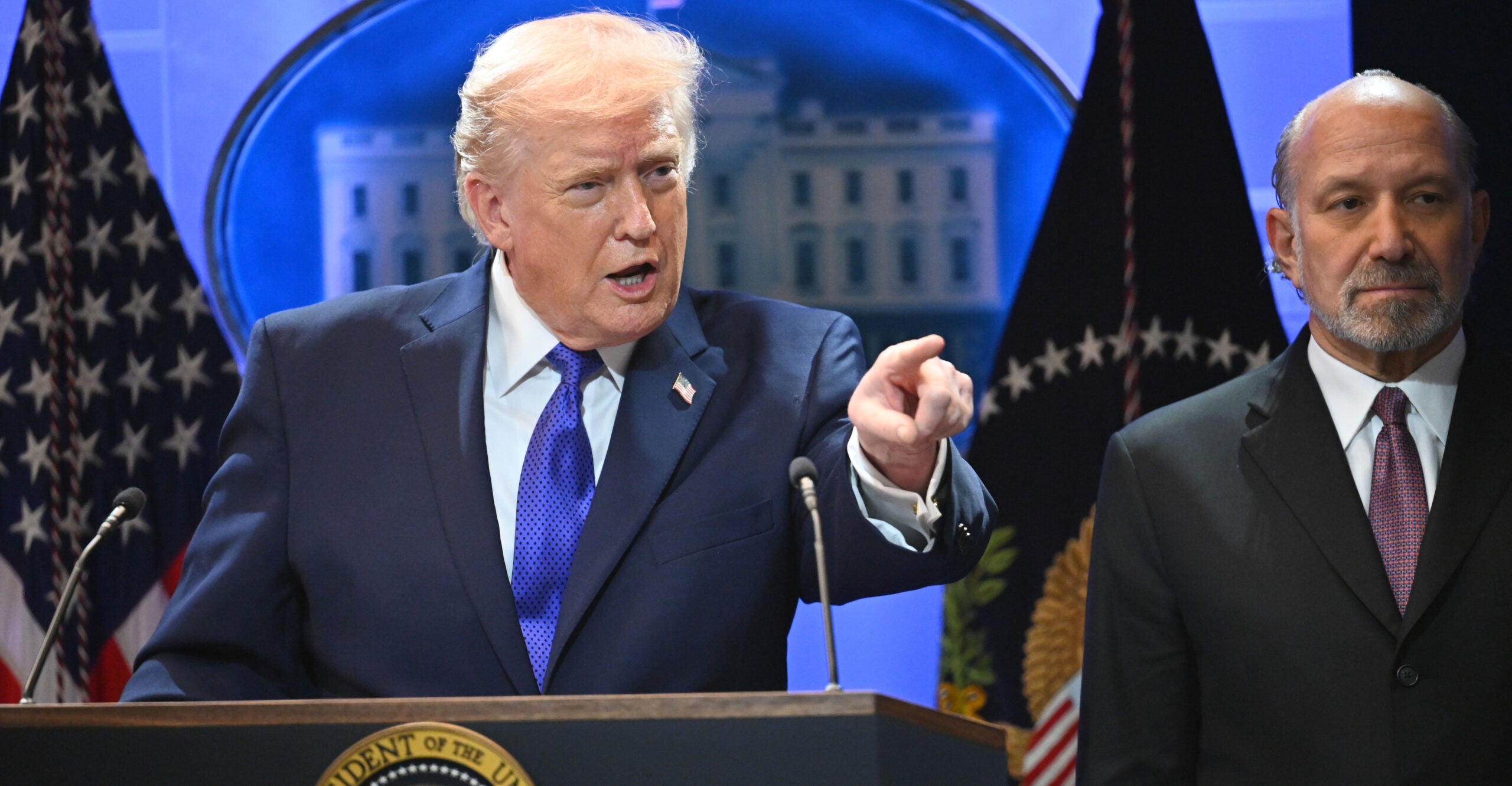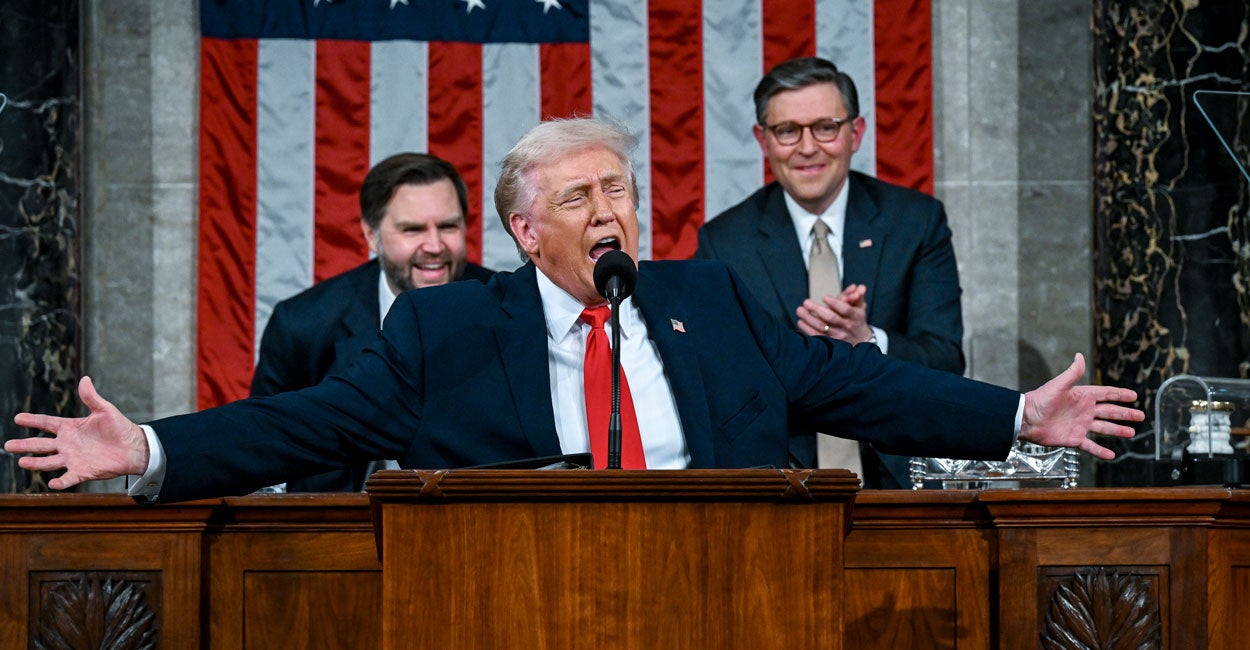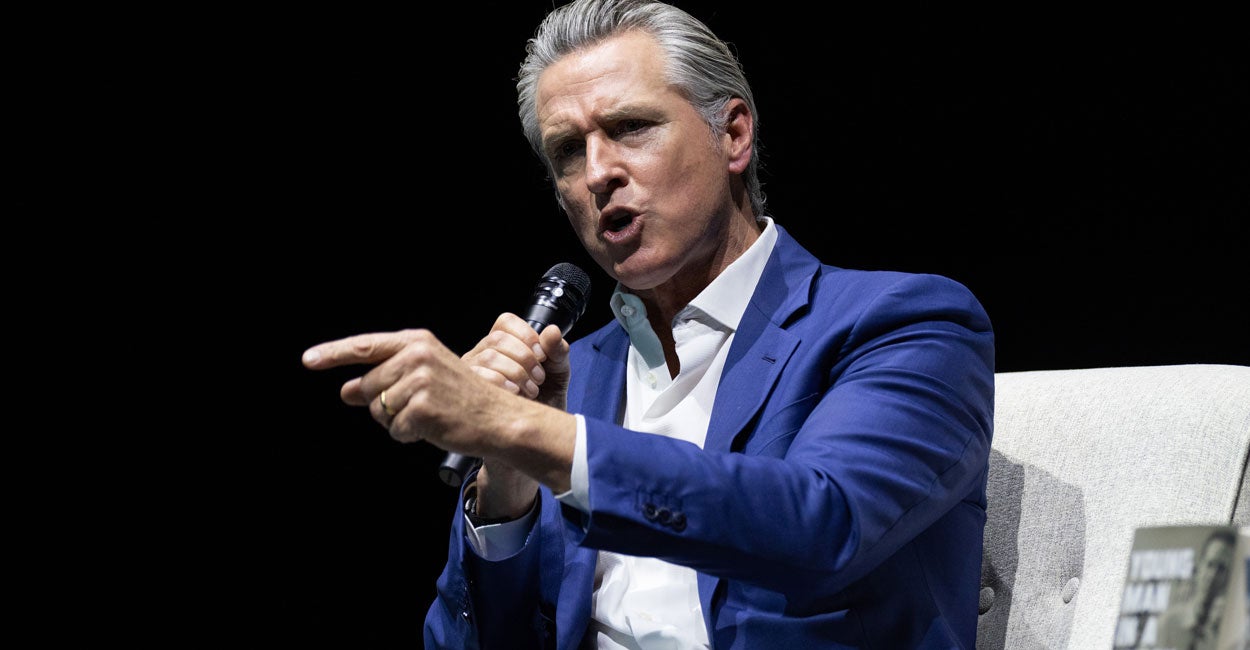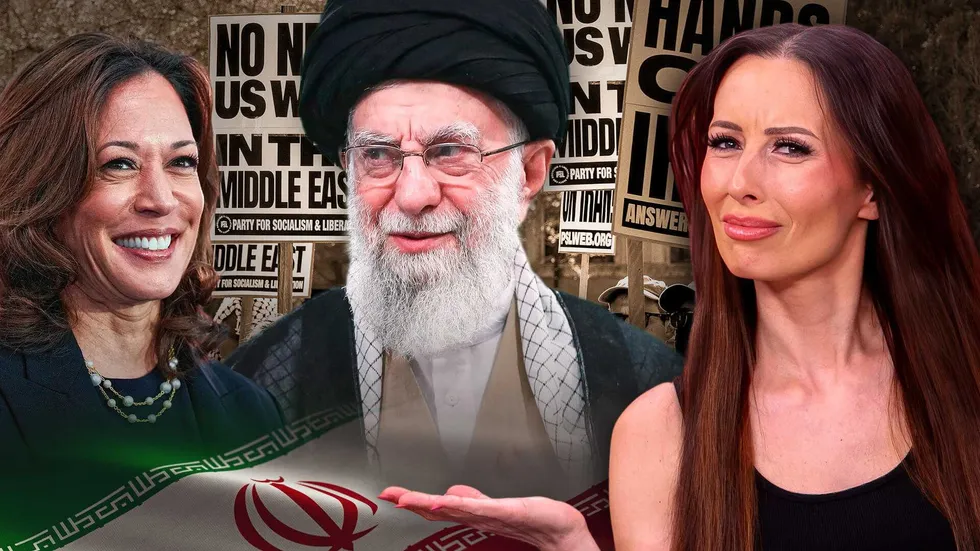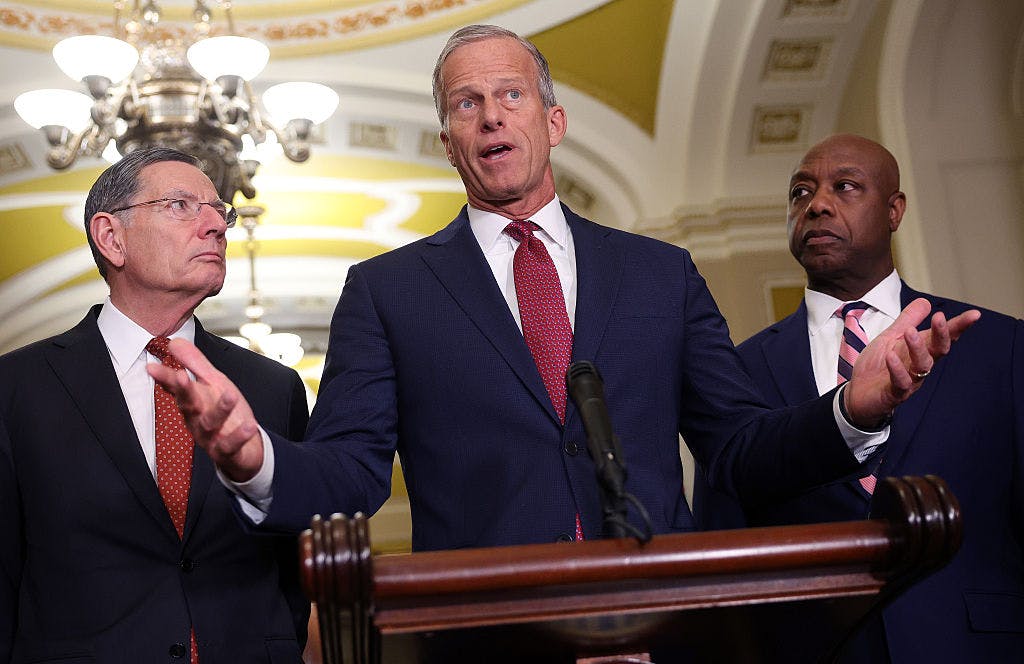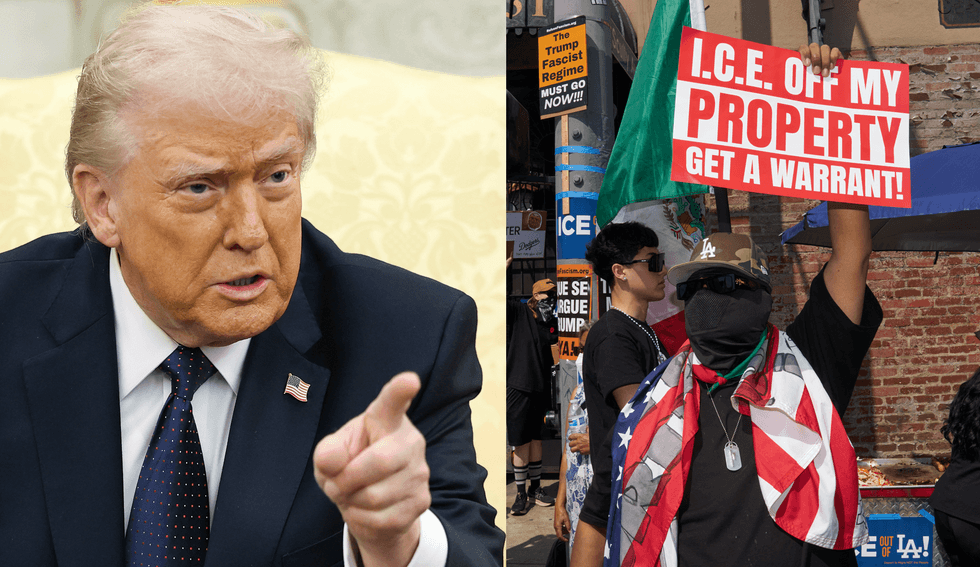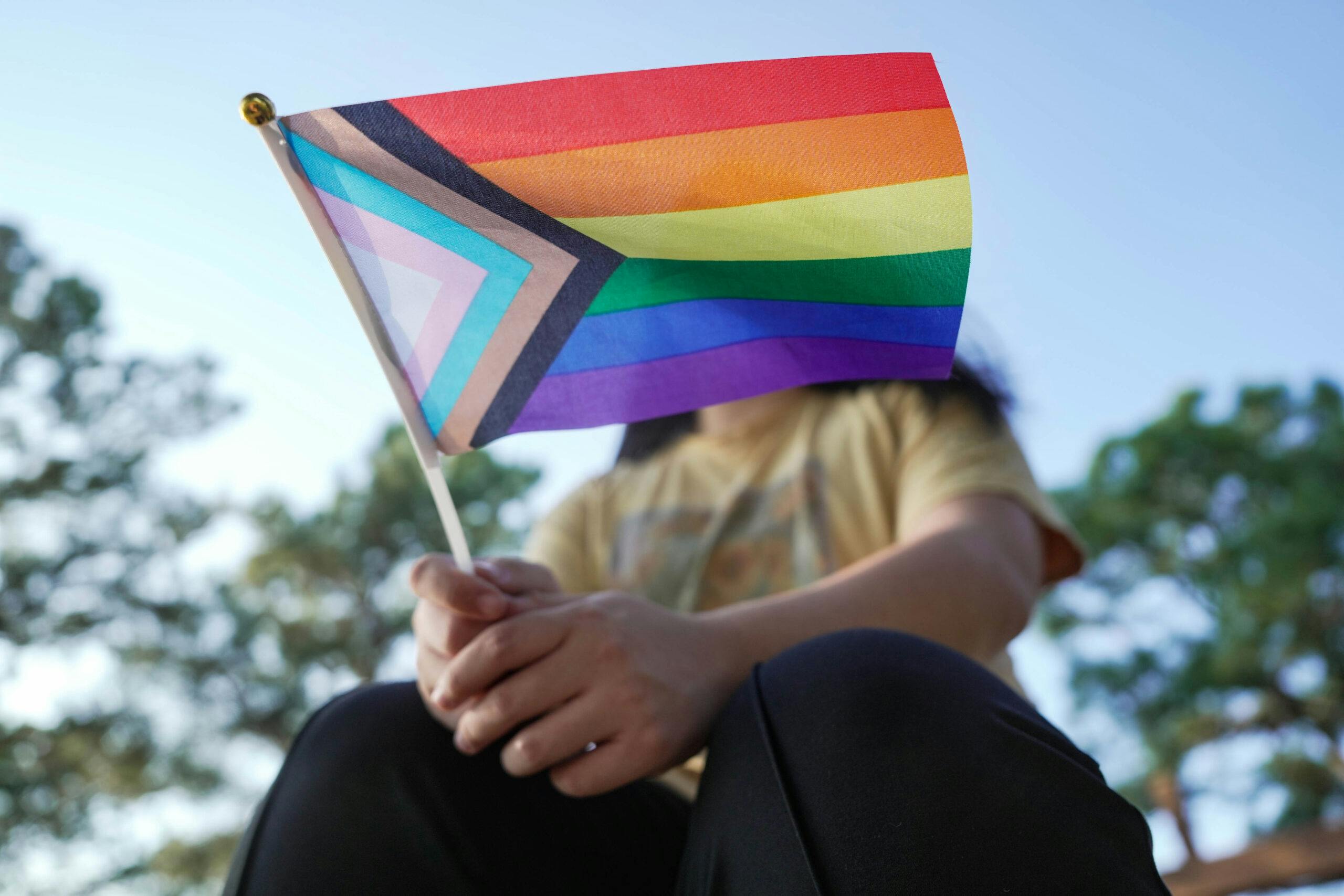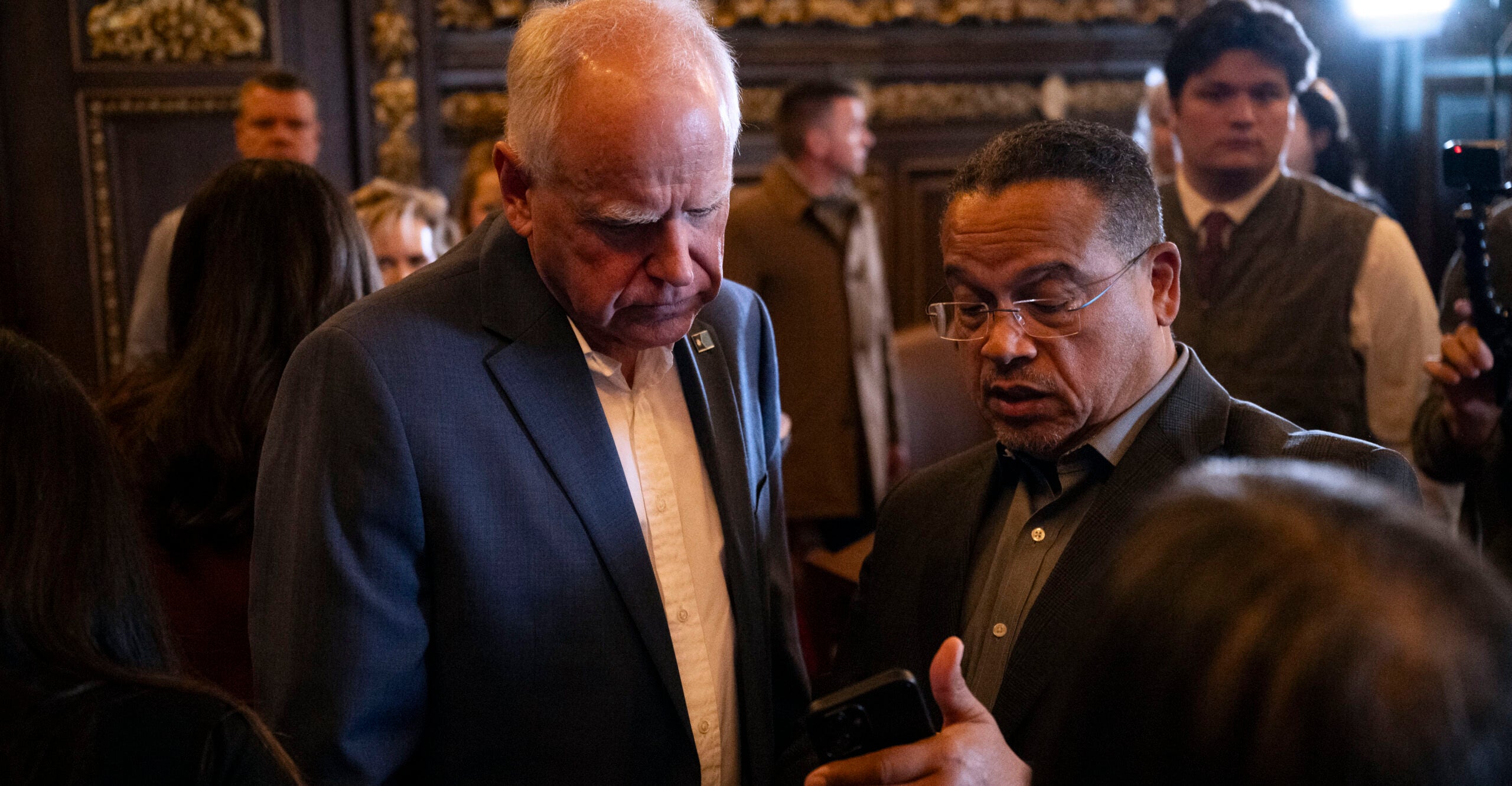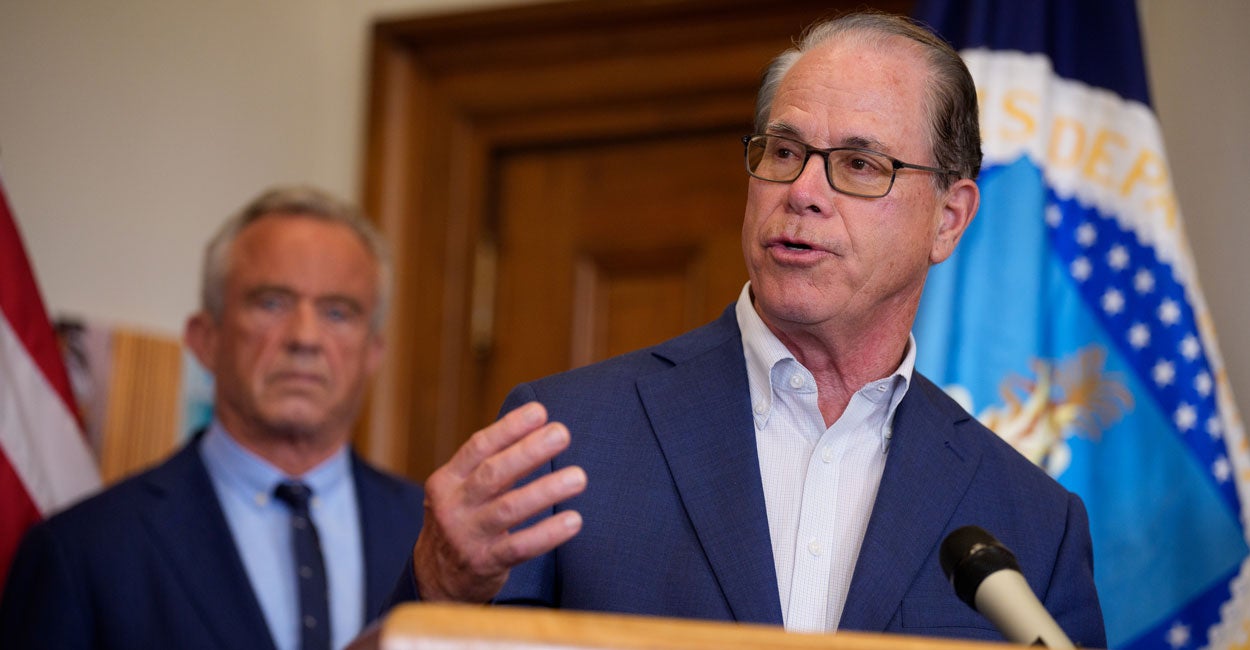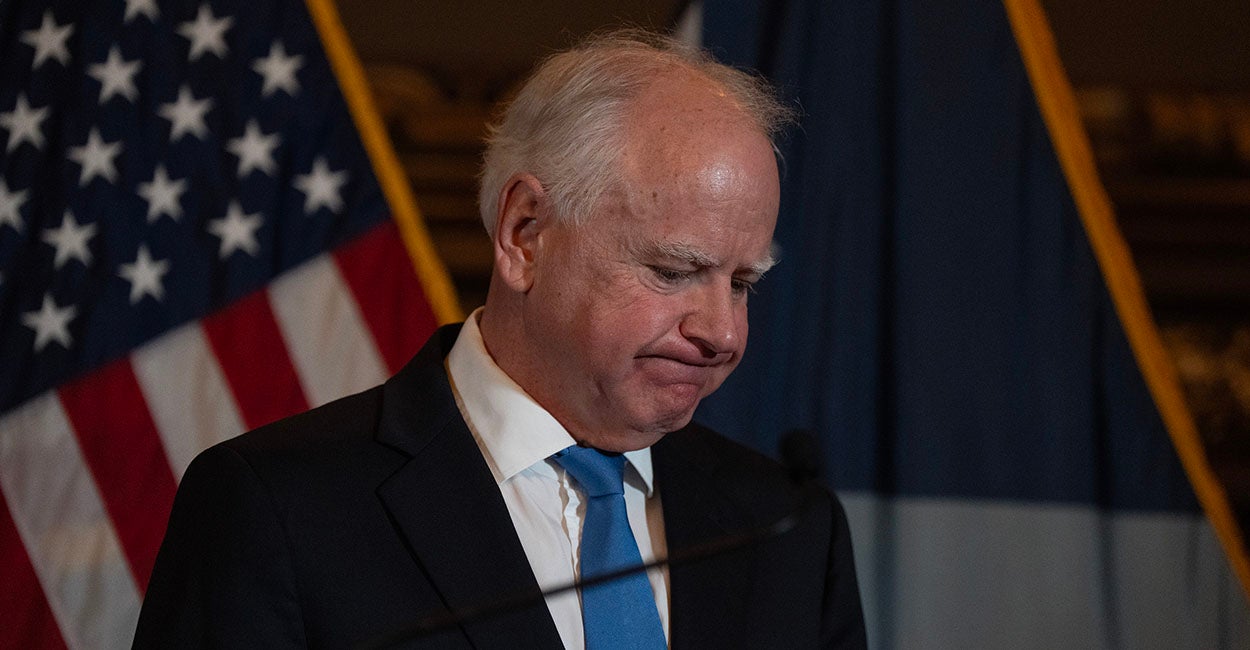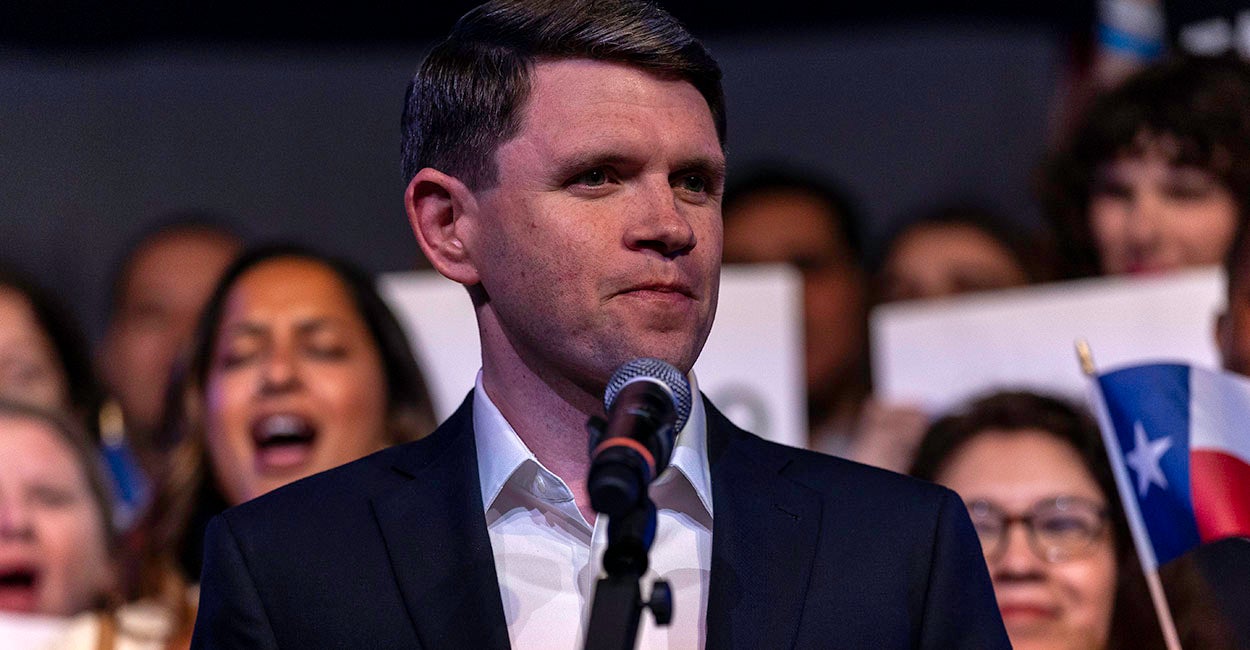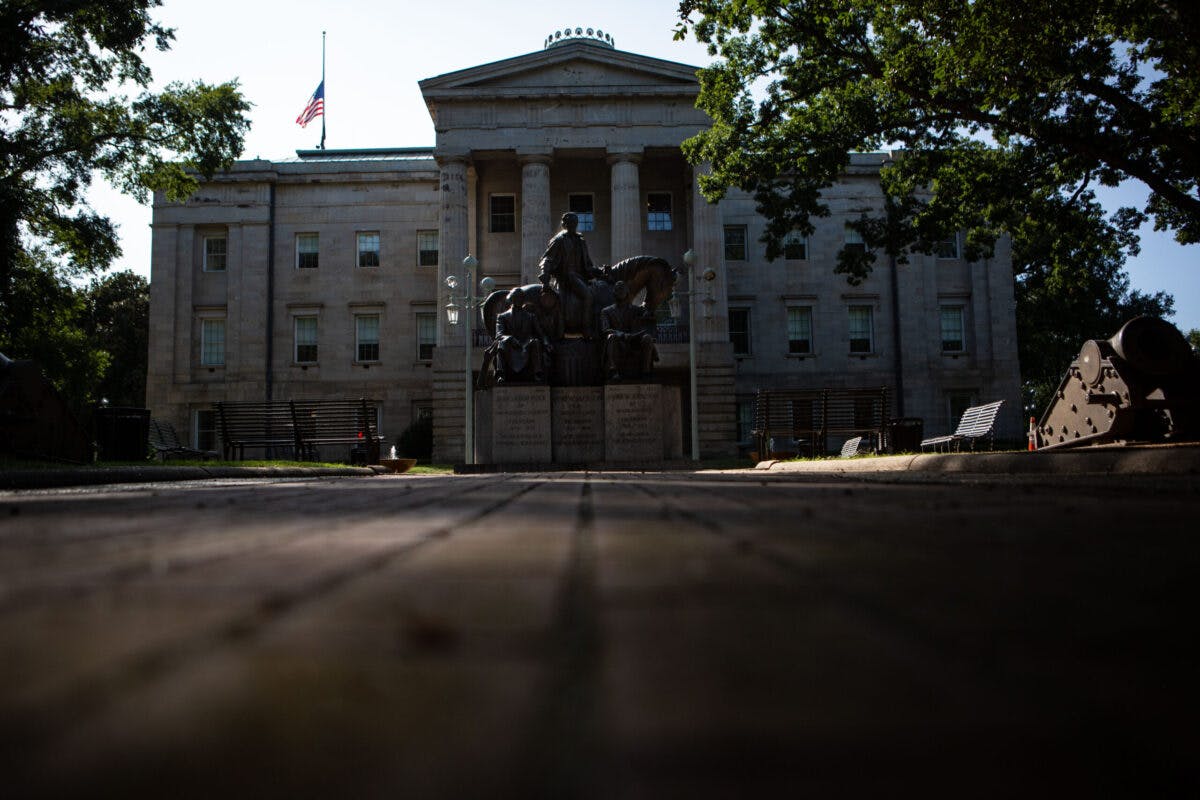The UN once defended the oppressed. Now it defends the powerful.


I should be dead. Buried in an unmarked grave in Romania. But God had other plans.
Live Your Best Retirement
Fun • Funds • Fitness • Freedom
As a young attorney living under Nicolae Ceaușescu’s brutal communist regime in the 1980s, I spent my life searching for truth in a regime of lies. I found it in the Bible — forbidden in my country. I answered the divine call to defend fellow Christians facing persecution in an ungodly land.
If the United Nations is to mean anything again, it must rediscover the courage that once gave refuge to dissidents like me.
For that “crime,” I was kidnapped, interrogated, beaten, and tortured. I spent months under house arrest and came within seconds of execution when a government assassin pointed a gun at me. I survived and fled to the United States as a political refugee.
The UN once stood for something
In his recent address to the 80th session of the U.N. General Assembly, President Donald Trump said the organization “has tremendous potential — but it’s not even close to living up to that potential.” He’s right.
When the United Nations was founded in 1945, its mission was noble: to promote peace, security, and human rights worldwide. It was meant to be a platform for honest dialogue, a beacon for humanitarian action, and a voice for the voiceless.
It once lived up to that promise. During the Cold War, the U.N. amplified the voices of dissidents behind the Iron Curtain and gave cover to lawyers like me defending Christians in communist courts. Its support for human rights cases in Romania helped expose Ceaușescu’s tyranny to the world.
That international pressure saved my life and countless others.
Bureaucracy replaced moral courage
Today’s U.N. bears little resemblance to that courageous institution. It has become paralyzed by bureaucracy and corrupted by politics. Instead of defending the oppressed, it often defends the powerful — or looks away altogether.
In Nigeria, Syria, and Yemen, millions suffer while the U.N. Security Council stalls over procedural votes. Permanent members protect their allies, veto resolutions, and block humanitarian intervention. Political calculations routinely outweigh moral imperatives.
When the institution created to prevent genocide can’t even condemn it, the crisis isn’t merely diplomatic — it’s spiritual.
Reform begins with courage
President Trump has proposed bold changes to restore the U.N.’s relevance. He called for adding permanent Security Council members — emerging powers such as India, Brazil, Japan, and Germany — to reflect modern realities and make the council more decisive.
He urged the U.N. to prioritize global security and counterterrorism while aligning its agenda with the legitimate interests of free nations. First lady Melania Trump, addressing the same assembly, launched Fostering the Future Together, a coalition promoting education, innovation, and children’s welfare.
These initiatives could help revive the U.N.’s moral voice and refocus it on its founding purpose: defending the oppressed and restraining the oppressors.
RELATED: Trump strongly defends Christianity at UN: ‘The most persecuted religion on the planet today’
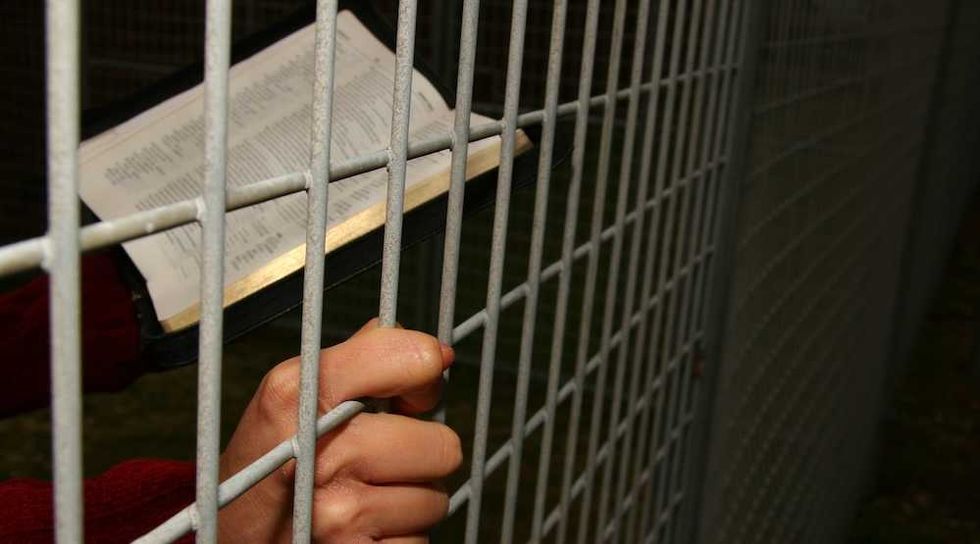 Photo by seechung via Getty Images
Photo by seechung via Getty Images
Faith and courage still matter
My own survival came down to faith. When Ceaușescu sent an assassin to kill me, he pulled a gun and said, “You have ignored all of our warnings. I am here to kill you.”
In that moment of terror, I prayed: “Come quickly to help me, my Lord and my Savior.” Peace replaced panic. I began sharing the gospel.
That armed killer, confronted with God’s word, lowered his weapon, turned, and walked away. Today, he is a pastor — serving the same faith he once tried to destroy.
The lesson is simple: Hearts can change. Institutions can too. But it takes conviction.
If the United Nations is to mean anything again, it must rediscover the courage that once gave refuge to dissidents like me. It must speak for the enslaved, the persecuted, and the forgotten — not for dictators and bureaucrats.
God spared my life so I could keep fighting for truth. The U.N. was part of that story once. It can be again — if it remembers why it was born.
Originally Published at Daily Wire, Daily Signal, or The Blaze
What's Your Reaction?
 Like
0
Like
0
 Dislike
0
Dislike
0
 Love
0
Love
0
 Funny
0
Funny
0
 Angry
0
Angry
0
 Sad
0
Sad
0
 Wow
0
Wow
0
